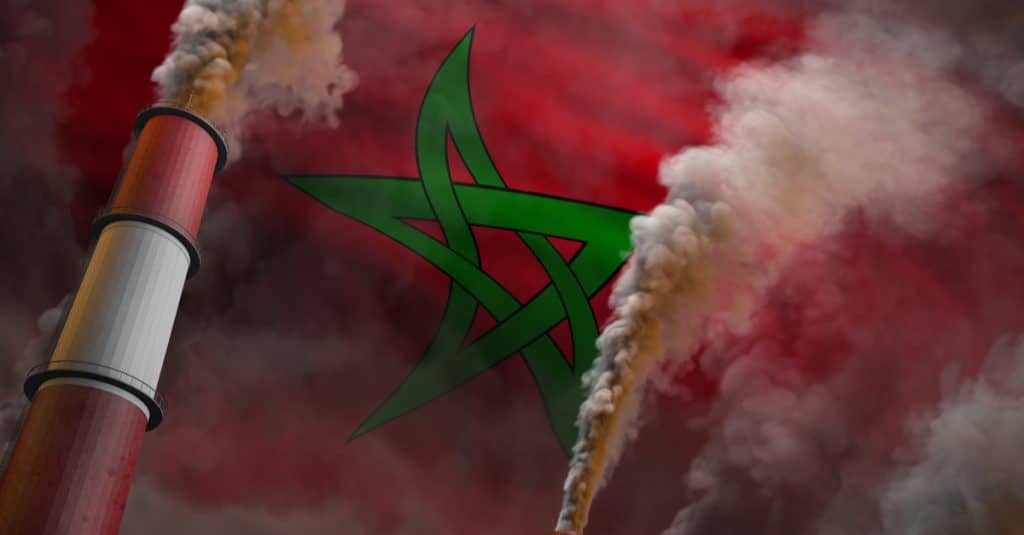Morocco will see a clear improvement in its strategy for combating air pollution. This is what is foreseen by the partnership signed on July 19th, 2021 between two Moroccan research centers. The National Laboratory for Pollution Studies and Monitoring (LNESP) and the National Centre for Nuclear Energy, Science and Technology (CNESTEN), whose mission is to manage radioactive waste and promote scientific research and nuclear applications in the sectors of environmental protection and adaptation to climate change.
The partnership agreement covers, among other things, air pollution monitoring in various environmental media, exchange of data and laboratory analytical practices, capacity building in monitoring and analysis, and promotion of applied scientific research. “The strengthening of collaboration between LNESP and CNESTEN in the field of environmental monitoring and assessment is indeed of great importance in the decision-making processes related to the planning and assessment of environmental policies,” explains CNESTEN.
Air pollution reaches critical levels in Morocco
The partnership between CNESTEN and LNESP on environmental monitoring comes at a time when Morocco is experiencing peaks in air pollution. Despite a drop caused by restrictive measures due to the Covid19 pandemic, the North African kingdom counts with South Africa, among the countries on the continent whose atmospheres are the most polluted with Sulphur dioxide (SO₂).
Read also-MOROCCO: Coal burning kills about 5000 people per year, according to Greenpeace
A study published in 2019 by Greenpeace with the support of Nasa (the US space agency) ranks Morocco 25th among SO₂ emitting countries. The Cherifian kingdom has thermal power plants that emit SO₂, such as those of Jorf Lasfar, and that of Mohammedia, in the north of the country, which emit 113 and 73 kilotonnes of SO₂ per year respectively. A third plant located in Safi, north of Essaouira, emits 30 kilotonnes each year.
Boris Ngounou
